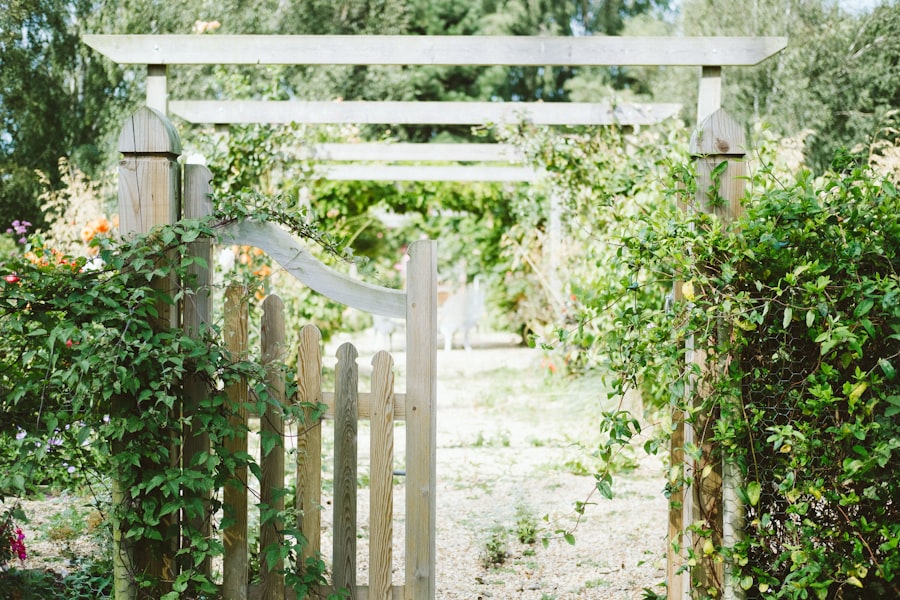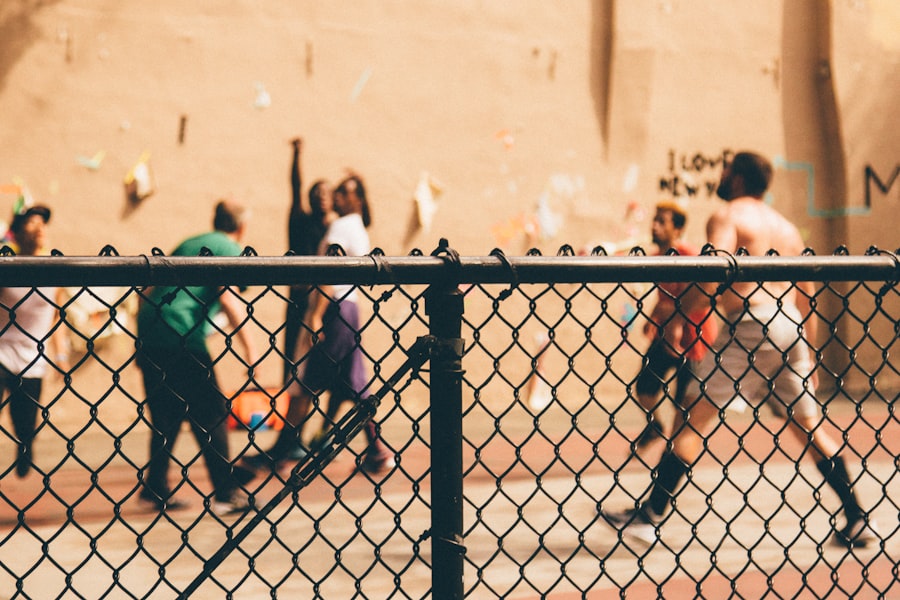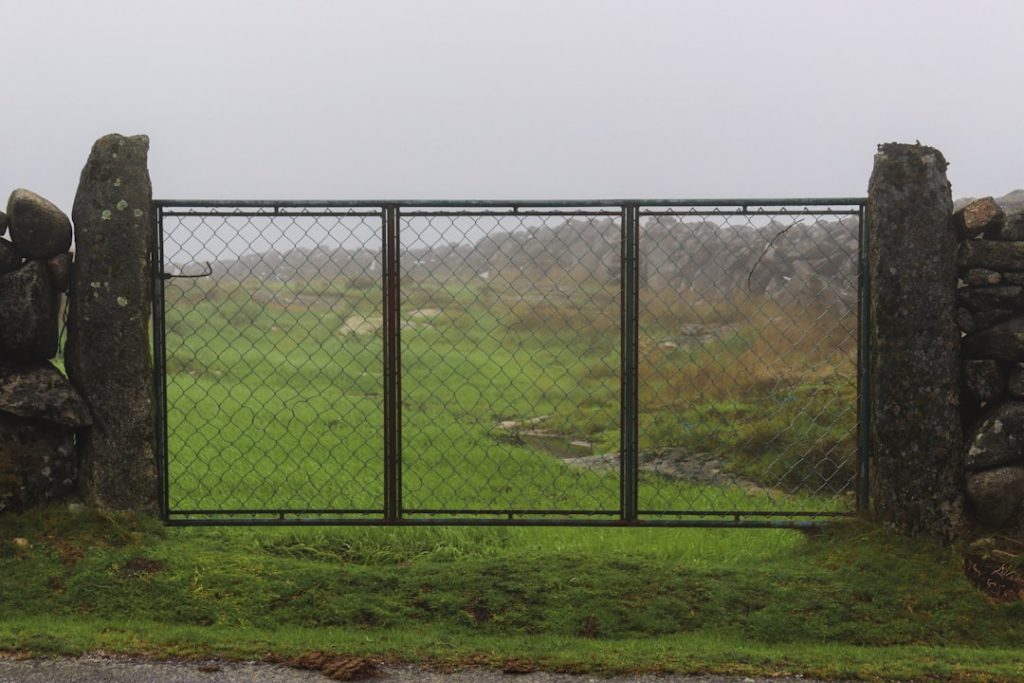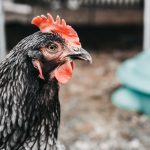Owning both dogs and chickens can be a rewarding experience, but it also presents certain risks. Dogs, being natural predators, may view chickens as prey, particularly if they lack proper training or socialization. This can result in injuries or fatalities for the chickens.
Dog owners must be aware of these potential risks and implement preventive measures to protect their poultry. Some dog breeds have a higher prey drive than others, increasing the likelihood of them perceiving chickens as targets for chasing or attacking. Understanding the characteristics of your dog’s breed and individual temperament is essential in evaluating the potential threat they may pose to chickens.
The age and energy level of the dog are also important factors to consider, as younger and more energetic dogs may be more inclined to chase or harm chickens. By recognizing these risks, dog owners can take appropriate steps to ensure the safety of their chickens while maintaining a harmonious relationship with their canine companions.
Table of Contents
- 1 Training and socializing your dog
- 2 Creating a secure chicken coop
- 3 Using barriers and deterrents
- 4 Supervising interactions between dogs and chickens
- 5 Seeking professional help
- 5.1 When Dogs Pose a Risk to Chickens
Despite best efforts in training and supervision, dogs may still pose a risk to chickens. In these situations, it may be necessary for owners to seek professional help from a certified dog trainer or animal behaviorist.
- 5.2 Managing Interactions and Preventing Conflicts
- 5.3 Taking Proactive Steps for Safety
- 5.1 When Dogs Pose a Risk to Chickens
- 6 Understanding the legal implications
- 7 FAQs
Key Takeaways
- Understanding the risk: Dogs have a natural prey drive and may see chickens as potential targets, leading to potential harm or death for the chickens.
- Training and socializing your dog: Proper training and socialization can help reduce the risk of your dog seeing chickens as prey and can help them coexist peacefully.
- Creating a secure chicken coop: A secure chicken coop with strong fencing and a covered top can help protect chickens from potential dog attacks.
- Using barriers and deterrents: Barriers such as fences and deterrents like motion-activated sprinklers can help keep dogs away from the chicken coop.
- Supervising interactions between dogs and chickens: Always supervise interactions between dogs and chickens to ensure the safety of the chickens and to correct any unwanted behavior from the dog.
- Seeking professional help: If your dog has a strong prey drive or has shown aggression towards chickens, seeking professional help from a dog trainer or behaviorist is important.
- Understanding the legal implications: It’s important to understand any local laws or regulations regarding dog and chicken interactions, as well as potential liability in the event of an incident.
Early Training and Basic Commands
Training should commence at a young age, focusing on teaching dogs fundamental obedience commands such as “sit,” “stay,” and “leave it.” These commands are invaluable in controlling a dog’s behavior around chickens and preventing potential harm.
Positive reinforcement techniques, such as rewarding good behavior with treats or praise, can be effective in training dogs to coexist peacefully with chickens. Socialization is also crucial, as it exposes dogs to different environments, people, and animals, helping them become more well-rounded and less likely to view chickens as prey.
Consistency, Patience, and Stimulation
It’s essential for dog owners to be patient and consistent in their training efforts, as changing a dog’s behavior takes time and dedication. Additionally, providing plenty of mental and physical stimulation for dogs through activities like walks, playtime, and puzzle toys can help reduce their prey drive and make them less likely to view chickens as something to chase or attack. By investing time and effort into training and socializing their dogs, owners can help minimize the risk they pose to their chickens.
Creating a secure chicken coop

One of the most effective ways to protect chickens from potential harm by dogs is by creating a secure chicken coop. The coop should be constructed with sturdy materials and feature a solid roof and walls to prevent dogs from gaining access. Additionally, the coop should be elevated off the ground and surrounded by a secure fence to further deter any potential threats from dogs.
It’s important for chicken owners to regularly inspect the coop for any signs of wear or damage that could compromise its security. Inside the coop, chickens should have access to nesting boxes, perches, and plenty of space to move around freely. Providing a safe and comfortable environment for chickens can help reduce their stress levels and make them less susceptible to potential harm from dogs.
It’s also important to keep the coop clean and free of any food scraps or debris that could attract dogs or other predators. By creating a secure and comfortable living space for chickens, owners can help minimize the risk of any potential conflicts with their canine companions.
Using barriers and deterrents
In addition to securing the chicken coop, owners can also use barriers and deterrents to further protect their chickens from dogs. Installing a sturdy fence around the perimeter of the property can help prevent dogs from gaining access to the chickens’ living space. The fence should be tall enough to prevent dogs from jumping over it and buried underground to prevent them from digging underneath it.
Additionally, adding a layer of chicken wire or mesh around the coop can provide an extra level of protection against potential threats. Deterrents such as motion-activated sprinklers or ultrasonic devices can also be effective in deterring dogs from approaching the chicken coop. These devices emit a harmless but unpleasant stimulus when triggered by motion, discouraging dogs from getting too close to the chickens.
It’s important for owners to regularly check and maintain these deterrents to ensure they are functioning properly. By using barriers and deterrents, owners can create an additional layer of protection for their chickens and help minimize the risk posed by their canine companions.
Supervising interactions between dogs and chickens
Even with proper training, socialization, and secure living spaces, it’s important for owners to always supervise interactions between their dogs and chickens. This is especially crucial when introducing a new dog to the household or when allowing dogs and chickens to interact in a shared outdoor space. Supervision allows owners to intervene quickly if any potential conflicts arise and helps reinforce positive behavior in both dogs and chickens.
When introducing dogs to chickens for the first time, it’s important for owners to remain calm and assertive, providing clear guidance and boundaries for both animals. Keeping dogs on a leash during initial introductions can help prevent any unwanted chasing or aggressive behavior towards the chickens. Owners should also closely monitor their dog’s body language and behavior around the chickens, intervening if they show any signs of prey drive or aggression.
By supervising interactions between dogs and chickens, owners can ensure the safety of both animals while fostering a harmonious relationship between them.
Seeking professional help

When Dogs Pose a Risk to Chickens
Despite best efforts in training and supervision, dogs may still pose a risk to chickens. In these situations, it may be necessary for owners to seek professional help from a certified dog trainer or animal behaviorist.
Assessing and Addressing Behavioral Issues
These professionals can assess the dog’s behavior and provide tailored training plans to address any issues related to prey drive or aggression towards chickens.
Managing Interactions and Preventing Conflicts
Professional trainers can also offer guidance on managing interactions between dogs and chickens, as well as provide additional tools and techniques for preventing any potential conflicts.
Taking Proactive Steps for Safety
It’s important for owners to be open and receptive to the advice of professionals, as they can offer valuable insights and support in addressing any challenges related to coexisting with both dogs and chickens. By seeking professional help, owners can take proactive steps in ensuring the safety of their chickens while still enjoying the company of their canine companions.
Understanding the legal implications
Finally, it’s important for owners to understand the legal implications of any conflicts that may arise between their dogs and chickens. In some areas, there may be local ordinances or regulations that govern the ownership of both dogs and livestock, including chickens. These regulations may outline specific requirements for securing animals on private property and may hold owners liable for any harm caused by their pets.
Owners should familiarize themselves with any relevant laws or regulations in their area and take proactive measures to comply with them. This may include obtaining permits for keeping chickens, adhering to zoning restrictions, or following specific guidelines for securing animals on private property. By understanding the legal implications of owning both dogs and chickens, owners can take responsible steps in ensuring the safety and well-being of all their animals while also abiding by local regulations.
In conclusion, owning both dogs and chickens can be a fulfilling experience, but it also comes with its own set of challenges and risks. By understanding these risks and taking proactive measures such as training, socializing, securing living spaces, using barriers and deterrents, supervising interactions, seeking professional help when needed, and understanding legal implications, owners can create a safe and harmonious environment for both their canine companions and feathered friends. With dedication, patience, and responsible ownership, it is possible for dogs and chickens to coexist peacefully while bringing joy and companionship to their owners’ lives.
If you’re looking for ways to keep your dogs away from your chickens, you may want to check out this article on how to build a chicken coop trampoline. This innovative solution not only provides a safe and secure space for your chickens, but it also helps to keep them out of reach of any curious or predatory dogs.
FAQs
Why is it important to keep dogs away from chickens?
It is important to keep dogs away from chickens because dogs are natural predators and may harm or kill chickens. Even well-behaved dogs may have a strong prey drive when it comes to small animals like chickens.
How can I keep my dogs away from my chickens?
You can keep your dogs away from your chickens by providing a secure and separate area for the chickens, such as a coop or fenced-in area. Training your dogs to respect the boundaries and not to chase or harm the chickens is also important.
What are the risks of allowing dogs near chickens?
Allowing dogs near chickens can result in injury or death to the chickens. Dogs may also cause stress to the chickens, which can affect their egg production and overall well-being.
Can certain dog breeds be more dangerous to chickens?
Some dog breeds have a stronger prey drive and may be more dangerous to chickens. Breeds such as terriers, hounds, and some herding breeds are known for their strong hunting instincts and may pose a greater risk to chickens.
Are there any training methods to teach dogs to leave chickens alone?
Positive reinforcement training methods can be used to teach dogs to leave chickens alone. This involves rewarding the dog for good behavior around the chickens and redirecting their attention away from the chickens when necessary. Professional dog trainers can also provide guidance on training dogs to coexist with chickens.

Meet Walter, the feathered-friend fanatic of Florida! Nestled in the sunshine state, Walter struts through life with his feathered companions, clucking his way to happiness. With a coop that’s fancier than a five-star hotel, he’s the Don Juan of the chicken world. When he’s not teaching his hens to do the cha-cha, you’ll find him in a heated debate with his prized rooster, Sir Clucks-a-Lot. Walter’s poultry passion is no yolk; he’s the sunny-side-up guy you never knew you needed in your flock of friends!
Meet Walter, the feathered-friend fanatic of Florida! Nestled in the sunshine state, Walter struts through life with his feathered companions, clucking his way to happiness. With a coop that’s fancier than a five-star hotel, he’s the Don Juan of the chicken world. When he’s not teaching his hens to do the cha-cha, you’ll find him in a heated debate with his prized rooster, Sir Clucks-a-Lot. Walter’s poultry passion is no yolk; he’s the sunny-side-up guy you never knew you needed in your flock of friends!







